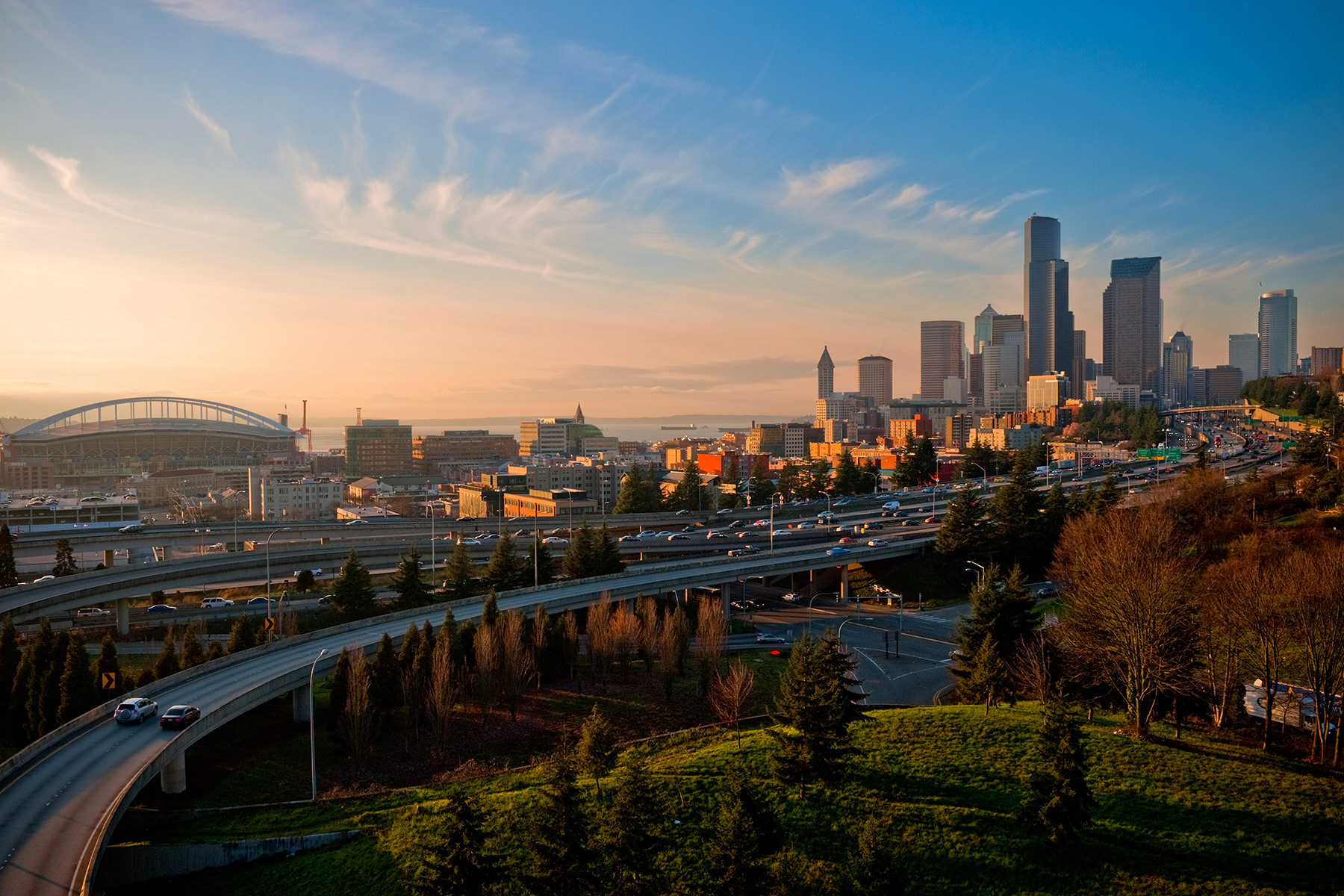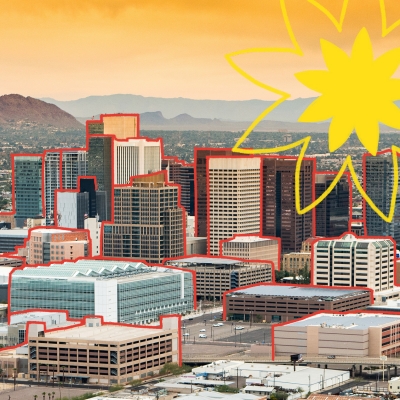1. Tech fuels the growth.
Seattle’s overall job growth has taken off dramatically. Much of the growth comes from the tech sector, which has driven multifamily construction in South Lake Union. Greystar and The Justen Co were approved to build 425 apartments and 249 apartments were added by Mill Creek Residential’s Modera South Lake Union.
The explosion of jobs is creating a response from corporations as well. Amazon is expanding its corporate campus to a total of 10M SF by 2019 and Google is building over 600k SF of office space in the same period. There doesn’t seem to be any slowdown in the Seattle tech boom and as long as that is the case, the need for both housing and office space will continue.
2. Will Seattle stay affordable?
Seattle provides for a vibrant urban lifestyle, with its renowned thriving arts and entertainment scene, public transit connectivity and attractive employment opportunities for a fraction of the price.
With the city providing such a desirable destination, the influx of new residents has driven demand and stimulated the real estate market. In 2016, Seattle’s rents rose faster than any other American city. With a desire to keep Seattle as a more reasonable metropolitan area, the Mandatory Housing Affordability program pledges to create 6,000 affordable dwellings in Seattle over the next 10 years via mandatory inclusionary zoning. Mayor Ed Murray also has signed into law a tenant protection bill that bans discrimination based on source of income, protecting those paying with Section 8 vouchers. Seattle seems to be well aware of its amazing growth cycle and is doing what it can to keep things affordable for current residents.
3. TODs help the traffic woes.
Seattle is one of the five worst cities for traffic in the U.S. One solution is to create more transit-oriented developments. By clustering housing and resources near transit options it will encourage sustainable alternatives to driving and hopefully reduce the number of cars on the road.
In 2016, Sound Transit opened stations in two neighborhoods that have shown robust development. In Capitol Hill, developer Gerding Edlen was approved to build a Capitol Hill Station TOD. Four seven-story buildings feature 427 market-rate and affordable apartments and almost 60k SF of commercial and community space adjacent to the new station. Near the U District stop is MOD Studios, with 201 proposed residences by Evergreen Lodging. The success of these two stations might set the tone for future TOD development around the city.
4. Condominium comeback.
Apartment construction has long outpaced condos in Seattle; however the demand is there as the wealth of Seattle residents grows and rental rates rise. An example of this strong demand is the 374-residence condominium tower Nexus developed by Burrard Group. On the first day of reservations, Seattle residents camped out overnight to secure priority pre-sale prices. During the preview weekend alone, 244 residences were reserved.
On the other side of Lake Washington, Bellevue looks to be another spot for condominium growth. Bellevue Planning Commission has approved projects like Mirador by Create World Group and Daniels Real Estate Co. Its first phase will introduce 162 apartments, with the second phase including 120 condos. Another development, ELEV8, by Plus Investment, would add 355 condos in one tower and 435 apartments in the second.
Downtown Seattle is seeing large-scale condo growth as well. The Fana Group is proposing a 48-story tower downtown at 8th and Pine with 395 condos and 178 hotel rooms. As the Seattle economy grows, so does its skyline as more towers are approved for development.
5. Foreign investment increases.
Seattle is a global gateway city. Its low-risk market and low-cost barrier to entry compared to other cities attracts foreign interest. Roughly half the homes sold in Seattle’s suburbs are being purchased by Chinese buyers. But not only has investment increased, but Chinese companies are also beginning to develop product in the market. China’s largest mainland developer, Vanke, will partner with Laconia Development to build a 400-apartment complex in downtown Seattle. Create World Group, developers of Mirador, and Plus Investment, developers of Elev8, are also firms based in China. This trend has precipitated the construction of Global Innovation Exchange in Bellevue, a technology graduate school that represents a collaboration between China’s Tsinghua University and the University of Washington. This could be the precursor to other synergistic projects of this nature.




